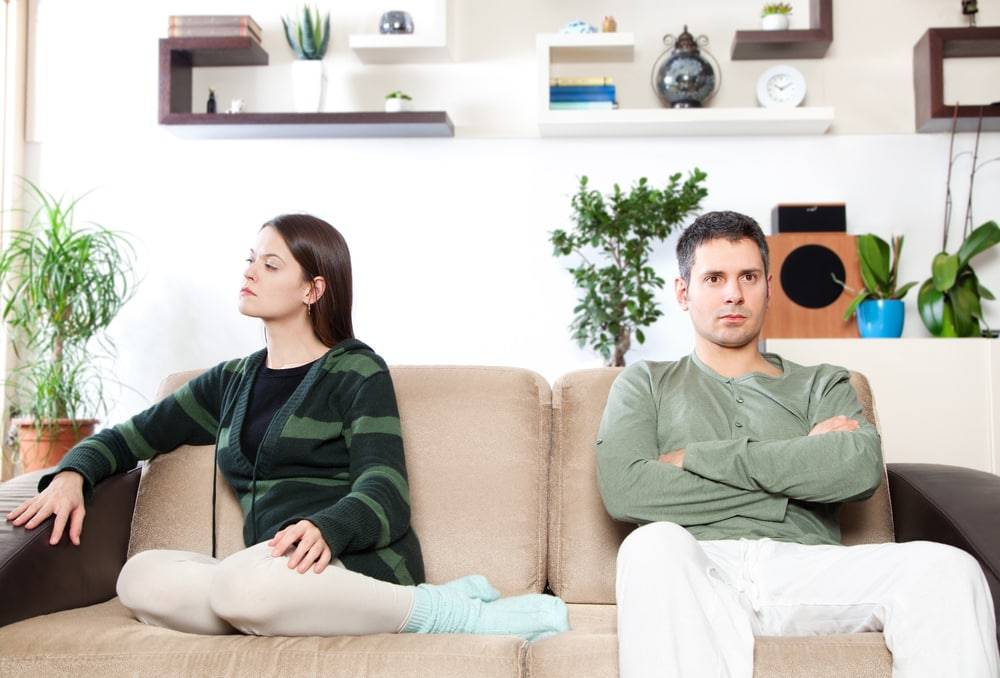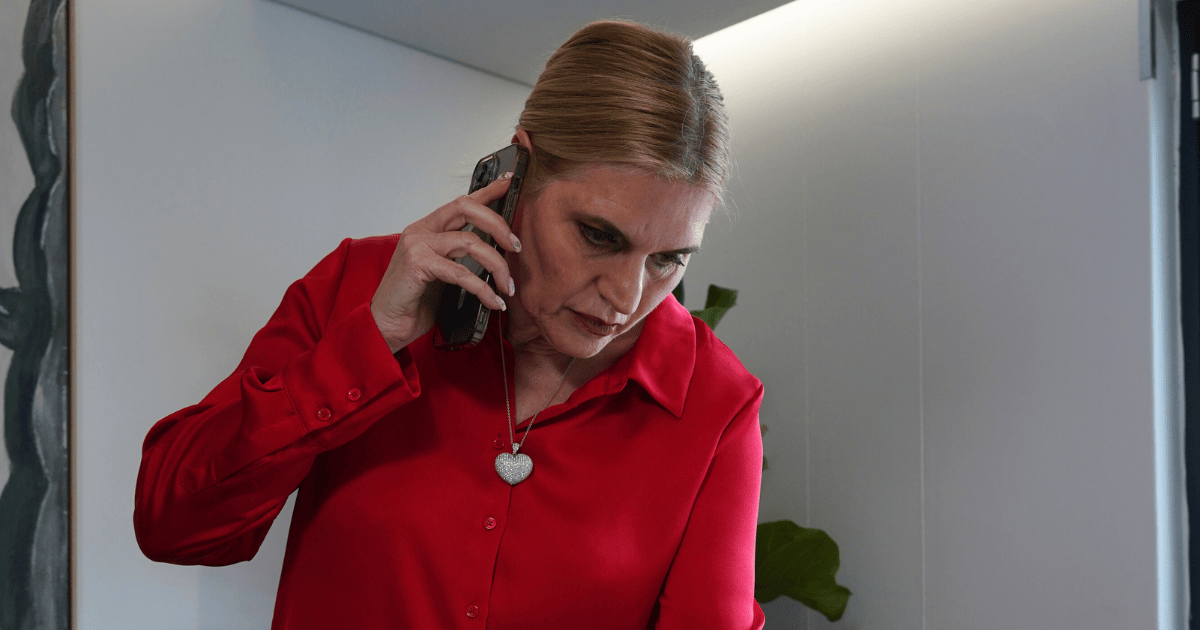It is perfectly fine for couples to continue to live together during the divorce, but there are advantages and disadvantages which should be weighed carefully. Either directly or through your legal representative, it is critical not to avoid the difficult subject as to how ongoing expenses are going to be paid. For interim arrangements, you and your co-parent may opt to maintain the status quo, or you may believe alternative arrangements should be instituted. To avoid resentment and heightening already simmering tensions, couples cannot simply make unilateral changes without prior discussion.
Divorce puts a strain on a couple’s finances. Living expenses are no longer combined so each spouse must now pay for things individually. There are also legal expenses such as legal fees associated with the divorce.
Living together during the process can help ease the financial transition because key living expenses like the mortgage and utility bills remain shared. It also eliminates the need for one spouse to immediately buy all new furniture for a new home. It will also impact family dynamics. For example, spouses with a history of intense arguments are likely to see these disagreements worsen while those who talk through problems like business partners will likely see that dynamic continue.
If a couple has children, living together can help maintain a sense of normalcy. It also makes it easier for the parents to continue sharing in parenting responsibilities. On the other hand, it only delays the inevitable. Eventually the children will need to face the change. Living together during divorce can give children false hope and make it more emotional for them when the physical separation occurs.
Living together can also impair both spouses’ ability to move on and begin new romantic relationships. If one spouse moves on and begins dating before the other, it can lead to jealousy and arguments. Additionally, romantic prospects are not typically thrilled to hear that someone is still living with their ex-spouse.
If the parties are not civil towards each other there is constant arguing or there is domestic violence and abuse it may become unworkable for the parties to continue living together. If either party is abusing drugs, alcohol or gambling then cohabitating during the divorce process may be unworkable. Either party has the right to file a motion for temporary orders asking for exclusive use and possession of the marital domicile while the divorce is pending.
Ultimately weigh the advantages and disadvantages carefully before making the decision and, if needed, consult with your legal representative before you make the decision.
Read more about our divorce law services.
For direct answers to your specific personal questions, please contact us directly.
Author – Samantha Delmoney





